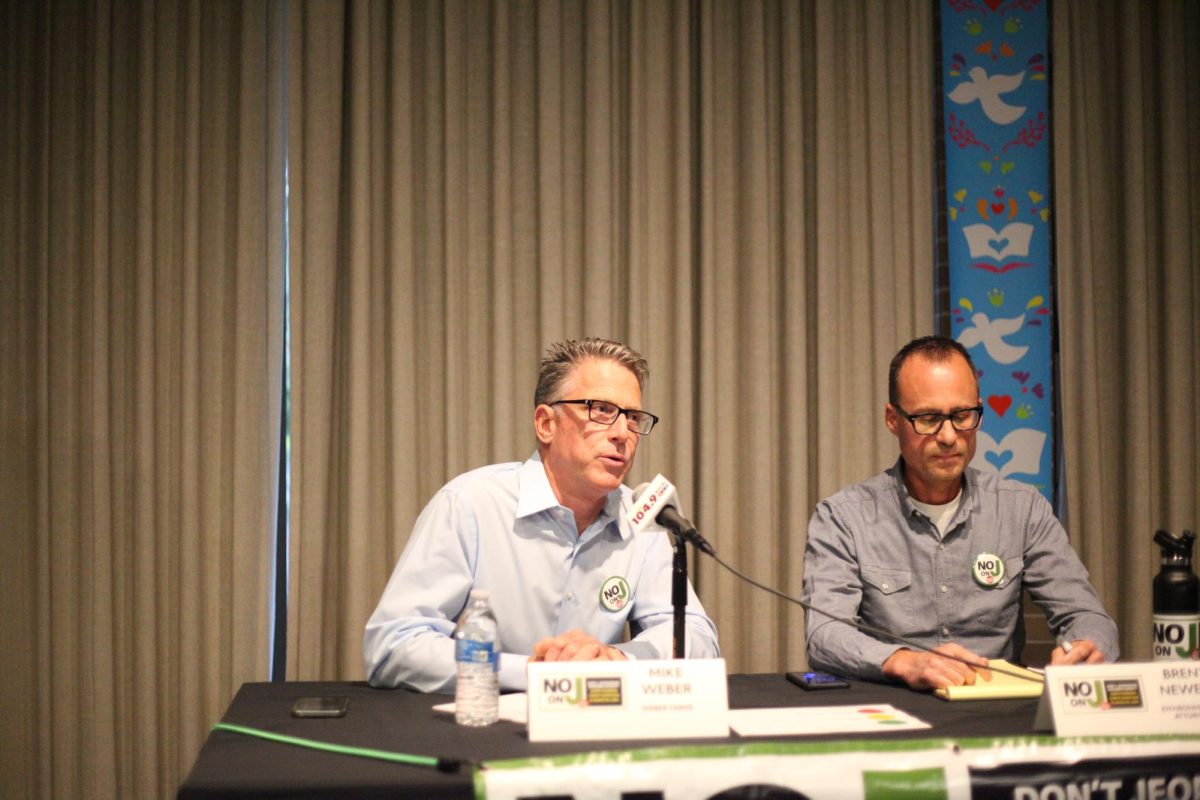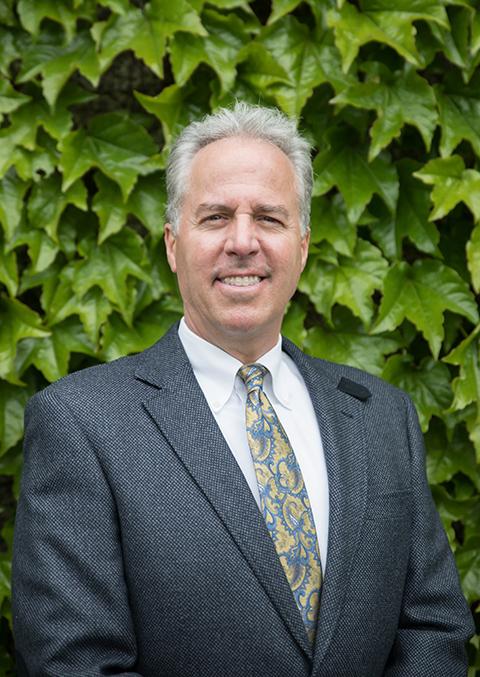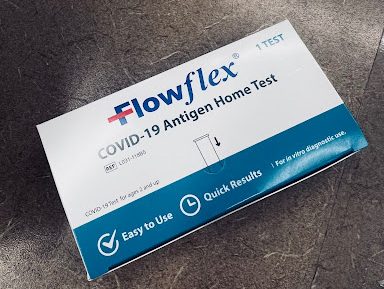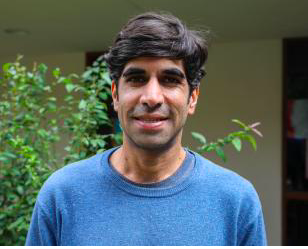The classroom is a place where students are meant to broaden their minds and experience things they never have before. However, under what circumstances should a student be allowed to be exempt from watching a video or attending a lecture? Which topics are deemed too inappropriate for classroom settings?
In recent months, students at Sonoma State University have begun to push back against one professor they believed should have given better warnings about the graphic content of his lectures.
In one lecture this year, the students of this teacher, Dr. Ajay Gehlawat, were allegedly forced to watch sexually explicit videos while being forced to have their cameras on during a virtual lecture. More than half the students enrolled left this class due to the traumatic nature of this event. This caught the attention of the Academic Freedom Subcommittee and the Professional Development Subcommittee. Gehlawat declined to comment on the situation.
The Subcommittees worked together to come up with a document that outlines what they believe are the best ways to teach sensitive materials in school.
The document states, “Neither the Professional Development Subcommittee (PDS) nor the Academic Freedom Subcommittee (AFS) advocates for the removal of sensitive content. We do believe providing context with any assignment can be part of an effective teaching pedagogy, however it is entirely up to the instructor to determine the most effective pedagogical approach, as well as whether, how and when to provide such context,”
The committees recognized that the classroom is not a suitable place to treat someone’s mental health nor are professors qualified to treat PTSD. They came to the conclusion to send students to Disability Services for Students (DSS) and/or Counseling & Psychological Services (CAPS) if they feel the need to miss a lecture due to their mental health.
“A student who is reporting a diagnosis of PTSD or reporting that they have experienced trauma should be referred to DSS if they would like class accommodations, and/or CAPS if a psychological treatment consultation is desired,” the document stated, “Professors are encouraged to help guide students to these available resources. Under the Americans with Disabilities Act, the DSS office works with students and faculty members to provide accommodations to ensure equal access, while maintaining the academic integrity of the course.”
The statement was discussed at length at a recent Academic Senate meeting. Noela Brambila, the student representative and ASB president-elect, said that she believed that the point the students were trying to make was being missed.
“We’re not asking you to remove content from your lectures or to change the way that you teach,” she said at the meeting, “We’re just asking you that when you are going to preset anything that can be a trigger for someone that you make it known to the student beforehand. That’s where the Associated Students is coming from. We do not feel that this is responding to what we were working for and what we intended.”
Gehlawt, who attended the meeting, believed it would be a mistake to see this as a direct response to the student’s resolution. “We are here to support our fellow faculty with a statement from the perspective of academic freedom and just to echo what was just said, in order for faculty to be empowered to help and provide the best resources to their students, faculty in turn need to be supported,” Gehlawat stated, “In a lot of ways, by providing and disseminating this document amongst faculty, they can turn to a number of other resources on campus and they can direct students to those resources.”
When asked for a comment on the matter, the chair of the Professional Development Subcommittee, Suzanne O’Keefe, responded to the STAR saying, “There is still a lot of discussion surrounding these guidelines in the Senate and with the SSU administration, so I am not willing to comment at this time.”
However, there is an argument that teachers are not qualified to make these decisions. According to studies by Harvard University, the average professor does not have the training to determine whether a video will trigger someone’s PTSD or trauma.
One member of the Senate pointed out that she along with everyone there should really have no opinion on the matter because no one there is an expert in what causes triggers. She emphasized the point that every time this argument circles the University again they always come to the same conclusion; that CAPS and DSS should be left in charge.
The classroom is meant to be a place where boundaries are pushed and minds are opened, but it is arguable that there is a point where topics can be taken too far. There is hope that the implementation of trigger warnings and direction to CAPS and DSS will expand the learning possibility in the classroom, not limit it.


































